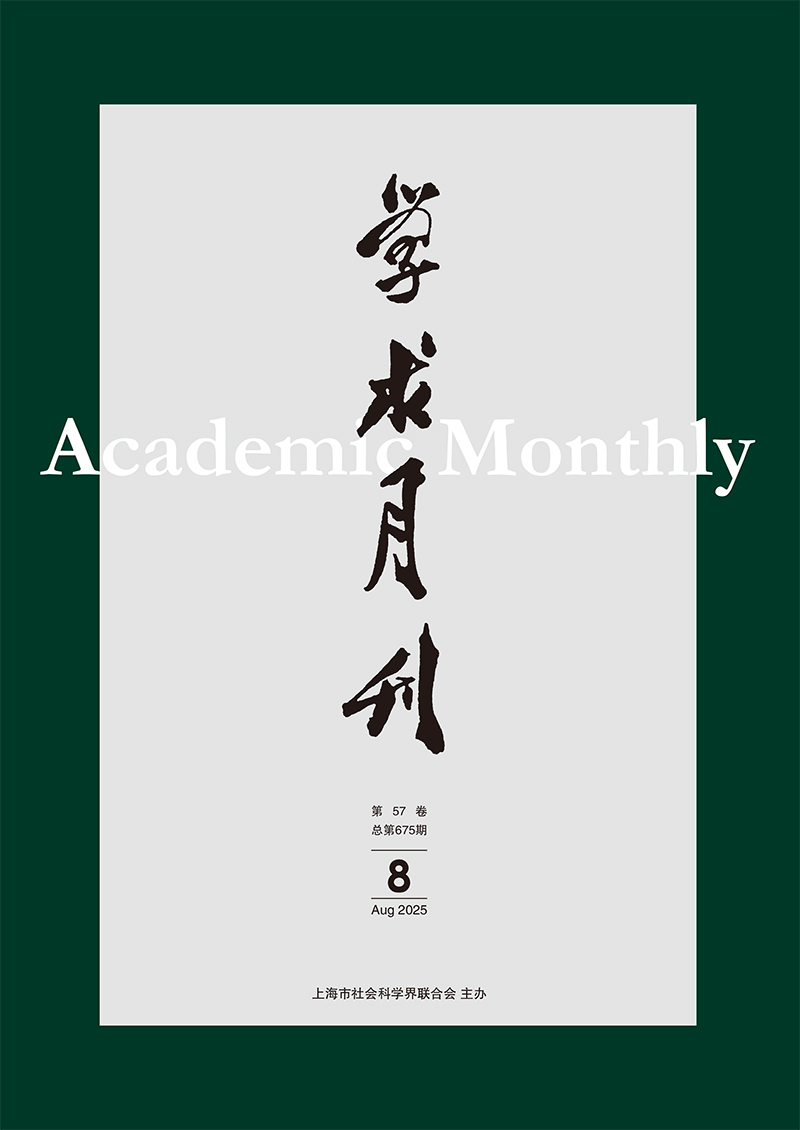Departure from and Return to Jia (Family/home): The Modern Evolution of Chinese Father-Son Ethics and Its Inherent Logic
Abstract: Since modern times, Chinese intellectuals have maintained sustained attention and discourse regarding the concept of Jia("家"). These discussions transcend viewing Jia merely as an issue within the private relational sphere; instead, they profoundly reflect scholars' civilizational exploration of Chinese-style modernization. By examining the core issue of father-son ethics, this study reveals that modern Chinese social thought has undergone a dual trajectory of departure from and return to Jia, forming a dialectical interplay within China's modernization journey. In the earlier phase, the departure from Jia emerged as the dominant theme, driven by the impact of evolutionism on the traditional cosmological relations between Heaven and humanity, as well as the modern reconstruction of paternal-filial bonds through affective love ("父子之爱") over traditional notions of gratitude and righteousness("父子之恩义"). However, the intrinsic humanistic spirit embedded in traditional Heaven-human relations and the ethical emotions underpinning Confucian rituals persistently served as endogenous forces for the return to Jia, propelling it as the dominant motif in later stages. Through analyzing this dual process of departure and return, this paper illuminates fundamental trajectories and dilemmas in the modern transformation of Chinese thought.



 沪公网安备 31010102003103号
沪公网安备 31010102003103号 DownLoad:
DownLoad: